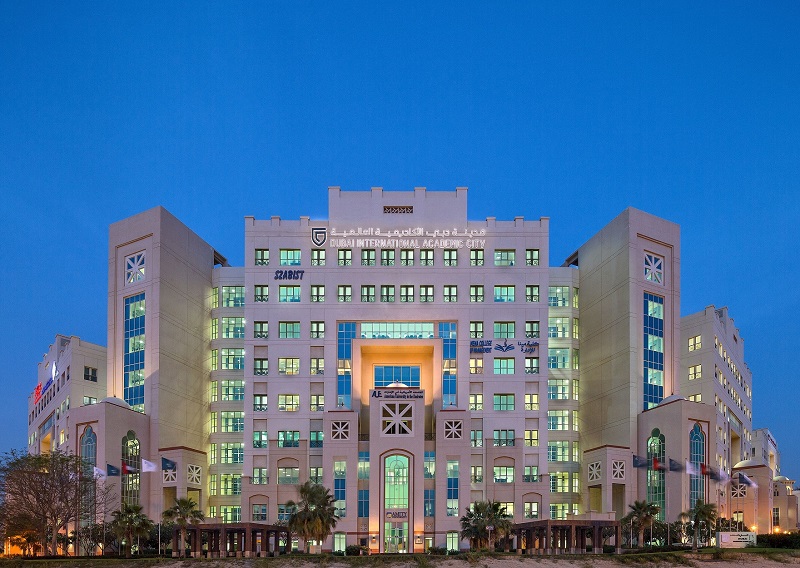For more than a decade, Dubai International Academic City and Dubai Knowledge Park have witnessed a year-on-year rise in student demand for natural and physical science, indicating a growing wave of environmentally conscious talent committed to climate action.
Collectively home to more than 27,000 students, the academic and human resource management hubs are producing more people graduates in these fields than ever before.
And while it comes from a low base, the steady rise will contribute to the Dubai 2040 Urban Master Plan that aims to transform the emirate into a people-centric city and enhance environmental sustainability.
Sustainable development and conservation have been components of the UAE’s vision for decades. Both remain strategic priorities under the comprehensive plan launched by HH Sheikh Mohammed bin Rashid Al Maktoum, Vice President and Prime Minister of the UAE and Ruler of Dubai in March.
As well as nearly doubling the city’s population from 3.3 million to 5.8 million, more than 60% of Dubai will be comprised of nature reserves and natural areas, with land allocated for education and health facilities increased by 25%.
Mohammad Abdullah, Managing Director of Dubai International Academic City and Dubai Knowledge Park said: “Education is a catalyst for social change and a crucial factor in creating a knowledge-based economy powered by people who care deeply about climate change.
“Not only is it vital to educate the next generation of change-makers to respond positively to global warming, but it is also essential for academic institutions to play their role. We actively encourage universities to launch sustainability-related programmes and continue to deepen collaboration and cooperation in research and development to address emerging market needs.”
Universities across the two districts have imbibed learning in sustainable practices across graduate, post-graduate, and specialised doctoral programmes, whether it is in business management, engineering, energy, geo-sciences, or infrastructure.
Some specialised programmes being offered include solar and alternate energy graduate programmes at Amity University in Dubai, global sustainability engineering and renewable energy engineering post-graduate programmes at Hariot-Watt University, a master’s programme in global governance and sustainable development at the Middlesex University, and a doctorate in architecture and sustainable built environment at the British University in Dubai.
As part of the business district’s eco-friendly drive, Dubai International Academic City and Dubai Knowledge Park partnered with the Ministry of Climate Change and Environment to exchange knowledge on nature, climate change, and related fields.
They will promote academic initiatives, raise environmental awareness, and share research papers so the ministry can study the feasibility of sustainability projects and implement the most effective ideas.
Furthermore, Dubai International Academic City completed a 1.1 MWp solar carport to meet up to a fifth of its electricity consumption demands. It will provide renewable energy to 12 university buildings.




